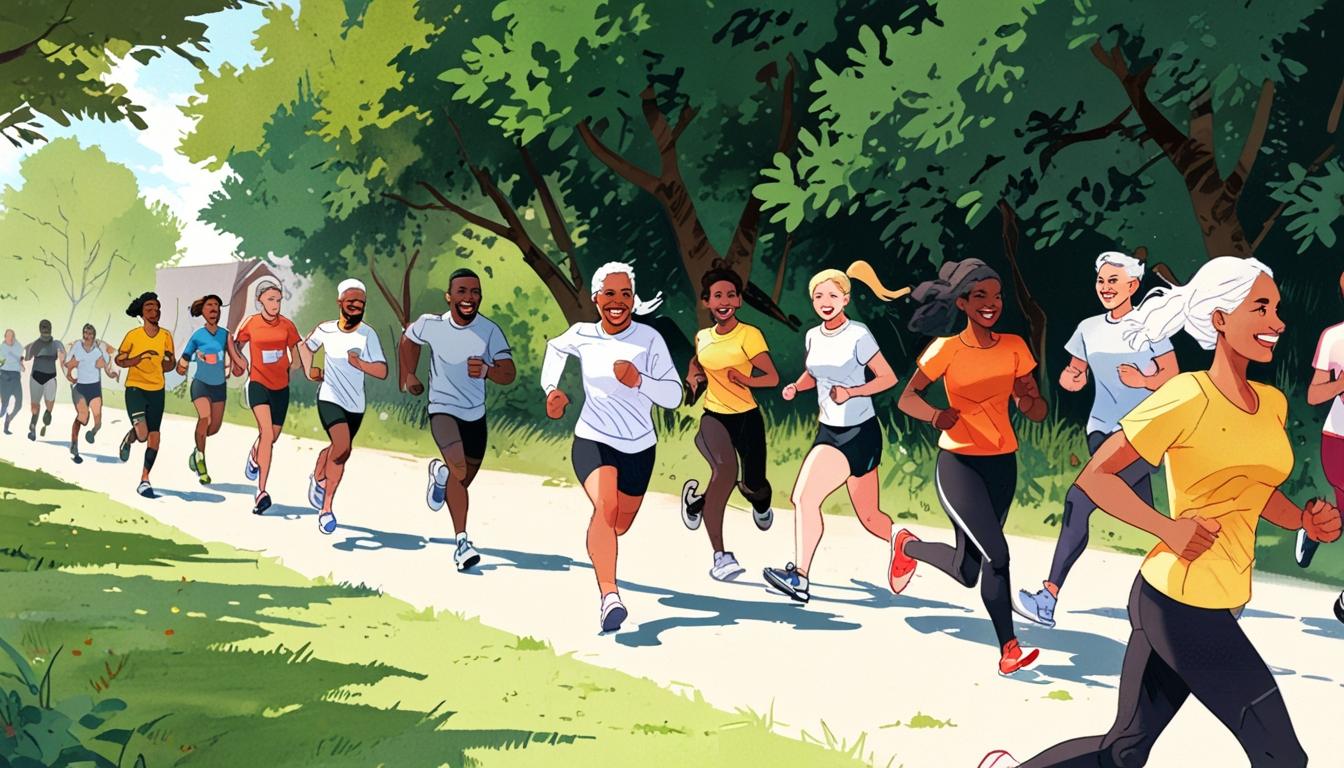In the United Kingdom, loneliness has emerged as a persistent social challenge, affecting a significant portion of the population across various age groups. Reports from the Office for National Statistics highlight that one in four adults experience feelings of loneliness at least some of the time, with seven per cent feeling lonely often or always. The issue, while intensified by the COVID-19 pandemic, predates it, as reflected by the UK government's appointment of a Minister for Loneliness in 2018.
A recent report from the Global Flourishing Study ranks the UK 20th out of 22 countries surveyed for levels of happiness, health, and financial security, factoring in social isolation and the quality of relationships. Professor Andrea Wigfield, a leading researcher and co-director of the Campaign to End Loneliness, describes loneliness as a fundamental human need unmet, likening it to hunger or thirst. She distinguishes between transient loneliness, which can be overcome through social interaction, and chronic loneliness, which is persistent and has significant health implications including increased risk of mental health disorders, cardiovascular disease, and dementia.
The demographics most affected by chronic loneliness are older adults and young people aged 16-29, the latter consistently reporting higher levels than other age groups. Changes in social connections during life transitions such as moving homes, bereavement, or retirement can trigger loneliness. Social media may exacerbate feelings of isolation in younger people due to unrealistic perceptions of others' social lives.
One approach to addressing loneliness is creating opportunities for social interaction in various forms, including traditional social venues like pubs and emerging trends such as run clubs. Run clubs combine physical exercise with social interaction, offering mental and physical health benefits. Exercise is known to boost mood, reduce stress, and encourage outdoor activity, while the group setting facilitates social connections. The positive impact of such clubs on mood and reducing feelings of loneliness was described by mental health charity representatives and is supported by anecdotal experiences.
Conversely, pubs have long been a British cultural institution that also foster social bonds. Despite concerns about declining pub numbers and shifts in social habits, pubs continue to provide meaningful opportunities for social interaction and connection. Professor Wigfield emphasises that combating loneliness is not solely about physical activity but about forming meaningful relationships with people, places, and oneself. She advocates for diverse activities that bring people together, recognising individual preferences in social engagement.
Both run clubs and pubs can serve as vital social hubs that help create a sense of belonging and community. They offer different mechanisms of social connection but neither is considered superior in addressing loneliness, as the choice depends on individual inclinations and what forms of socialising are most fulfilling.
Mental health charity Mind recommends various strategies for dealing with loneliness, including joining groups centred around hobbies, opening up to trusted individuals, engaging in mental health communities, and seeking talking therapies. They offer several helplines to support individuals experiencing mental health difficulties linked to loneliness.
The evolving patterns of socialising in the UK suggest a recognition of loneliness as an important public health issue, with multiple pathways available to mitigate it. Whether through the camaraderie of a run club or the traditional social environment of a pub, the emphasis remains on fostering meaningful, accessible connections suited to individual needs.
Source: Noah Wire Services
